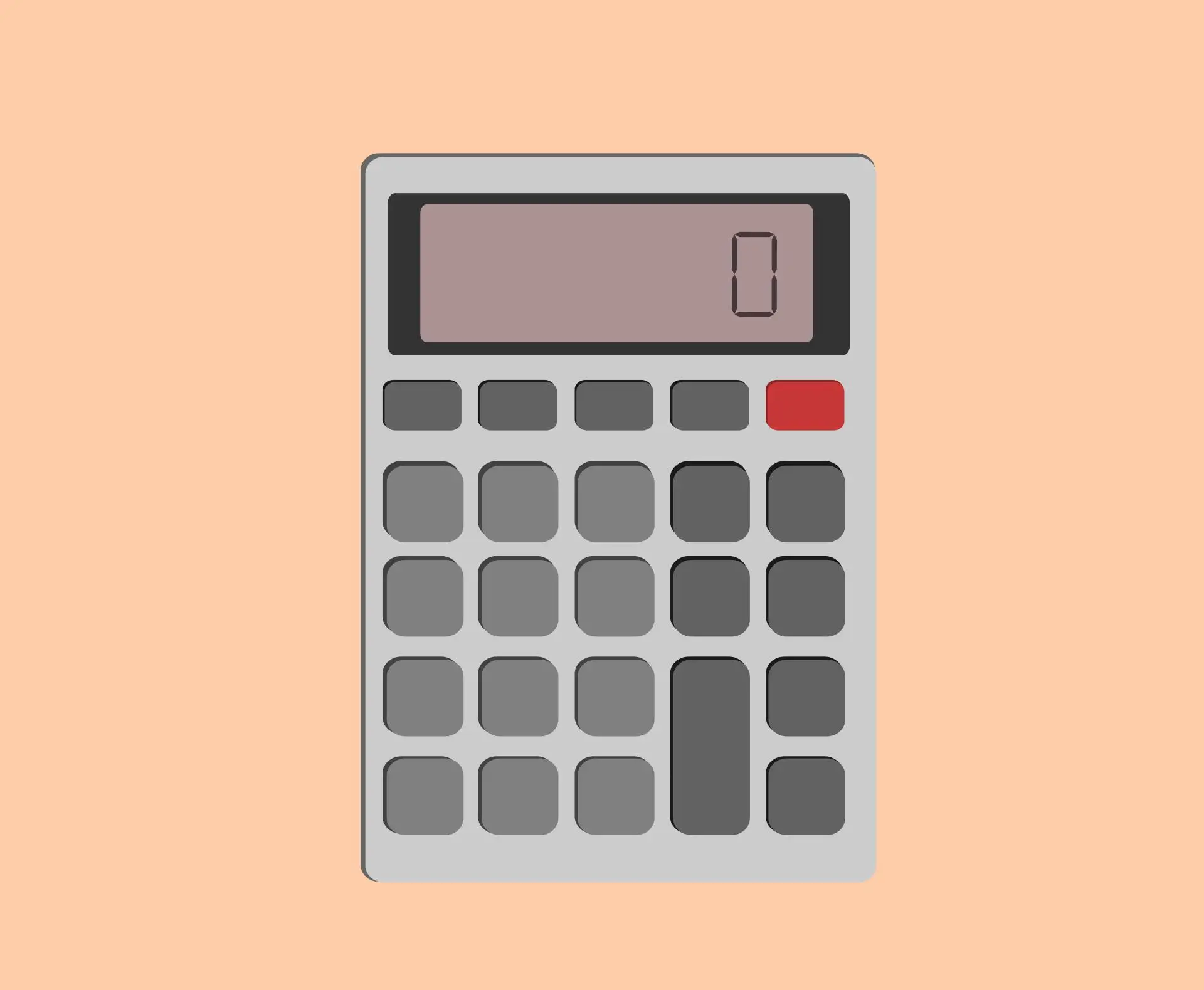Your rental property might look profitable on paper - but what if your real estate bookkeeping is lying to you?
Too many landlords trust gut instinct over clean ledgers, and that's exactly how money leaks through the cracks. Misfiled expenses, forgotten receipts, vague income records - these small slip-ups can snowball into major tax headaches or missed financial opportunities.
Whether you own one unit or a small empire, smart accounting is your secret weapon. Read on to learn our top rental property accounting tips.
Financial Management Tips: Understanding the Basics
Without a strong grasp of the fundamentals, it's easy for things to spiral into chaos, especially as the portfolio grows or unexpected expenses pop up.
The starting point is tracking income. Every dollar that comes in - whether it's standard rent, late fees, pet deposits, or short-term rental income - needs to be recorded accurately. This isn't just for your own clarity; it's a crucial step for both reporting and analysis. Equally important is keeping a close eye on expenses.
- Maintenance costs
- Utility bills
- Insurance premiums
- Property taxes
- Small repair jobs
Should be logged in detail. These outflows directly affect your profit margins and can become valuable tax deductions.
Good record-keeping ties it all together. Every transaction, invoice, or receipt should be stored and categorized in a system you can easily navigate. Whether digital or physical, your documentation should be structured and accessible - this becomes invaluable when preparing taxes or applying for financing.
Build in time for periodic reviews. Assessing financial statements regularly gives you a real-time pulse on the property's financial health and arms you with insights to pivot when necessary.
The Importance of a Dedicated Accounting System
Utilizing dedicated property management software simplifies tracking and managing your income and expenses. Many property owners may wonder how to choose the right platform. Look for software that includes:
- Automated reminders for bill payments and rent collection.
- Financial reporting features that provide insights into vacancy rates and cash flow.
- Data entry capabilities that minimize the risk of errors.
Rental property management experts can take over the process for you.
Tax Considerations for Rental Properties
The laws surrounding rental property taxation aren't just intricate; they also vary depending on location. In places like Killeen, Texas, local and state regulations can introduce nuances that landlords need to be aware of well before tax season hits.
One of the smarter strategies is knowing which expenses qualify as deductions. Common write-offs include:
- Maintenance costs
- Property management fees
- Insurance premiums
- Mortgage interest
- Advertising expenses for vacant units
These deductions can significantly reduce your taxable income if documented properly.
That documentation starts with receipts. Organized records of your expenses, such as invoices and receipts, can make or break your tax filing accuracy. A shoebox full of faded papers won't cut it.
Rental Property Accounting: Now You Know
Rental property accounting can be stressful. With this guide, you should have a much easier time trying to streamline accounting processes.
Struggling to keep your rental property accounting straight? At PMI Phantom Realty, we make property management personal-and that includes streamlining your accounting records so you can ditch the spreadsheets and sleep better at night.
Our veteran-led, Killeen-based team combines boots-on-the-ground local know-how with PMI's nationally trusted systems to give you total clarity and peace of mind.
Contact us to learn more.


